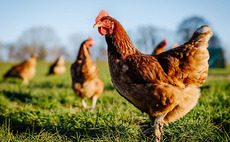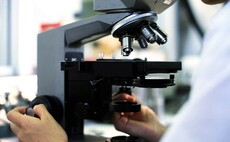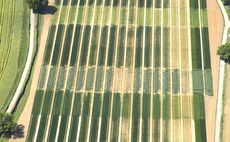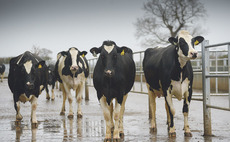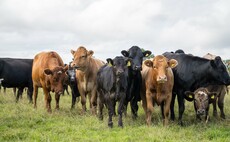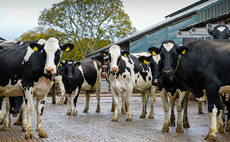Research
Mental Health
Farmstrong Scotland said the research could help the charity understand the steps farmers are taking to look after their health and well-being
Education
"Getting off the farm when you can, giving your mate a ring, and engaging with the community around you to stop anyone feeling quite so alone in what can be a very isolating job is very important"
Poultry
The project, led by APHA, will collect and analyse samples from a range of bird and mammal populations to better understand how the virus behaves
Arable
New £23m centre will focus on alternative protein production including cultured meat, precision fermentation and plant-based protein.
Partner Content
An exciting new partnership between the University of Essex and major onion supplier Stourgarden will see researchers try to grow the vegetable outside traditional soil-based methods… inside a bright pink shipping container.
Arable
Having amassed close to two centuries-worth of data, the Broadbalk experiment continues to reveal new insights and findings relevant to modern agriculture
Dairy
A new Innovate UK-funded agri-tech project with the potential to transform the detection and treatment of dairy cow lameness is underway in South West England
Livestock
Future success in farming will need new people regardless of their age, ethnicity, gender, sexual orientation, skills or the career pathway that they took
Livestock
Animal health and welfare has been identified by the Moredun Research Institute as key to the livestock sector achieving its net zero targets, with emphasis on improved reproductive performance and control of endemic diseases
Dairy
A social science research project launched earlier this year has identified five key themes outlining the main challenges farmers and vets face when controlling Johne’s disease on-farm


 05 October 2024
•
2 min read
05 October 2024
•
2 min read

